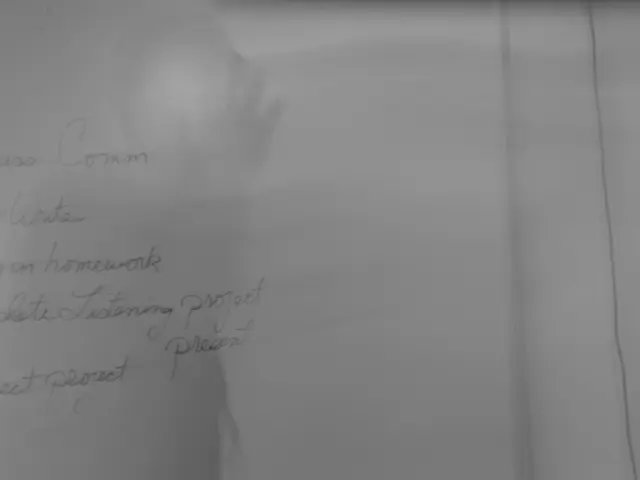Neighbouring Nations Divided: Neighbours' Opinions on Dobrindt's Border Plan
Neighboring nations express their concerns about Dobrindt's border plan.
Let's dive into the aftermath of the newly formed government's initial moves. Dobrindt, the fresh Interior Minister, proposes a tougher stance on refugees – quicker rejections at the border. Not every neighbouring country is jumping for joy. However, there's a mix of reactions across the border.
Germany's Unilateral Action:
As Dobrindt lays out his plans, many echo the Swiss' disappointment: "Germany's sudden moves without consultation are regrettable," says the Federal Department of Justice and Police in Switzerland. They deem systematic border rejections as a breach of international law. The Swiss authorities are ready to assess the impact and may respond with countermeasures if necessary.
Switzerland asks for exclusion of goods and passenger traffic from the stricter border controls. As a result, citizens from both sides should continue commuting freely to work. Unfortunately, a meeting between the responsible ministers has yet to be confirmed.
Neighbouring Countries' Stances:
Poland and the European Union:Donald Tusk, the Polish Prime Minister, has warned Merz against unilateral actions. Poland, having invested heavily in safeguarding the EU's external borders, urges the new Chancellor to focus on the protection of the internal borders, ensuring they don't hinder commuter traffic. "I understand the need for reinforced border controls, but they should primarily target the external borders," Tusk stated during a joint press conference with Merz.
Austria and the Czech Republic:Austria welcomes Merz and Dobrindt's course, emphasising the importance of close cooperation with Germany to achieve joint successes in border protection and returns. The Austrian Interior Minister, Gerhard Karner, has already held discussions with Dobrindt. The Czech Republic, too, shows support, with Interior Minister Vit Rakusan pointing out that existing readmission practices between Germany and other countries like the Czech Republic will remain. Rakusan plans to pursue swift changes in asylum law.
Tightened Border Controls:Dobrindt has also announced plans to increase federal police officers, who could potentially serve up to 12-hour shifts. While not all refugees will be automatically turned away at the border, those merely seeking asylum in Germany may face rejection. Exceptions will be made for vulnerable groups, such as children and pregnant women.
Piece Sources: ntv.de, mpa
- Refugees
- Asylum Policy
- Migrants
- Germany
- Friedrich Merz
- Alexander Dobrindt
- Switzerland
- Poland
- Donald Tusk
- Czech Republic
- Austria
Insight: As of May 2025, Germany's newly formed government has decided to intensify border controls and allow border police to reject most asylum seekers at the border, with exemptions for vulnerable individuals such as children and pregnant women. This move will likely lead to increased police presence at German borders [1][4][5].
Neighbouring countries are likely to pay close attention to these changes and may respond by reinforcing their own border controls and migration strategies. Historically, adjustments in Germany's asylum policies have influenced neighboring countries, leading them to revise their border control tactics. In consideration of Germany's recent policy shift, neighbouring countries such as Austria, the Czech Republic, Switzerland, and Poland may strengthen their border controls to manage the potential migration pressure or changes in routes. [1][4][5].
- Switzerland, despite agreeing with Germany's focus onborder security, expresses concern over Dobrindt's proposed systematic border rejections, viewing them as a violation of international law.
- Poland's Prime Minister, Donald Tusk, cautions against unilateral actions, urging the new German government to focus on internal border protection without causing disruptions to commuter traffic.
- Austria supports the new German government's course, advocating for close cooperation to achieve joint successes in border protection and returns. Czech Republic also shows solidarity, with their Interior Minister planning to pursue swift changes in asylum law.
- Dobrindt's employment policy includes plans to tighten border controls by increasing federal police officers, who might work up to 12-hour shifts. Each refugee will not automatically be granted asylum in Germany, but exceptions will be made for vulnerable groups like children and pregnant women.








